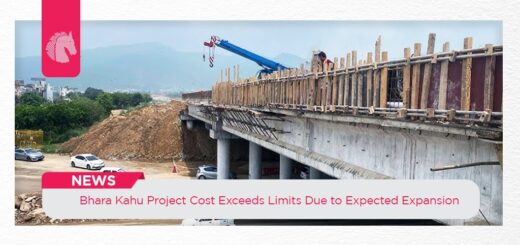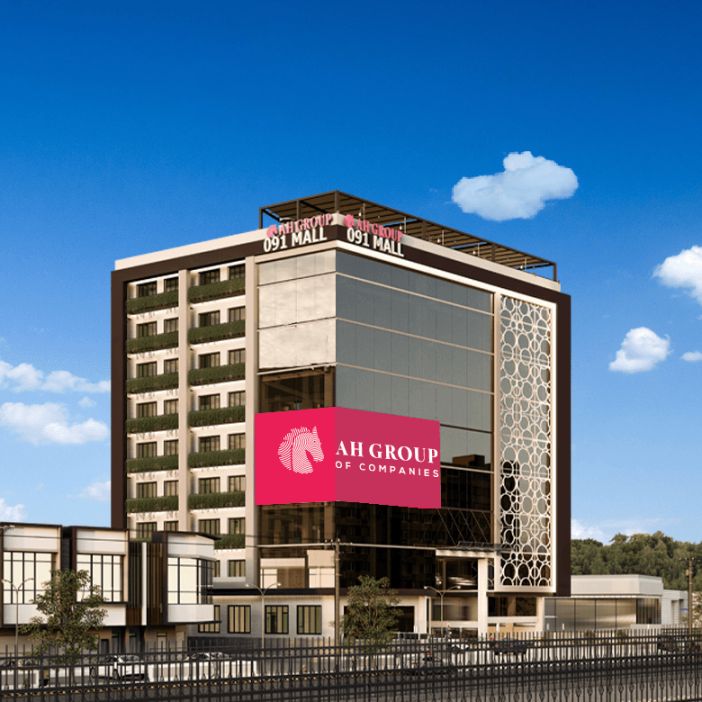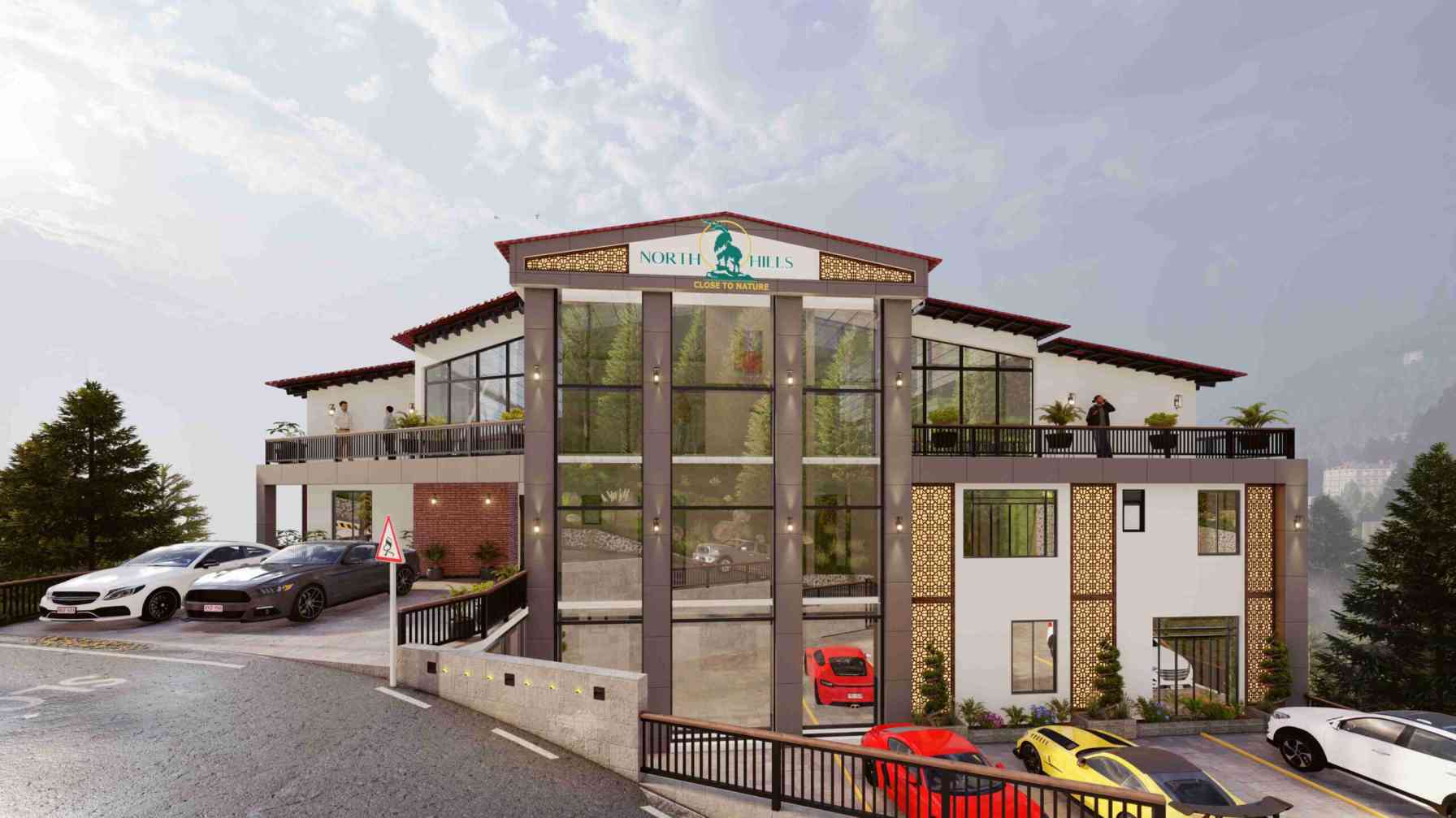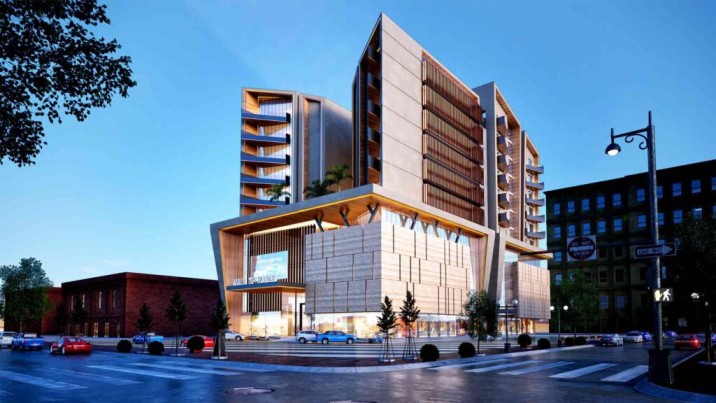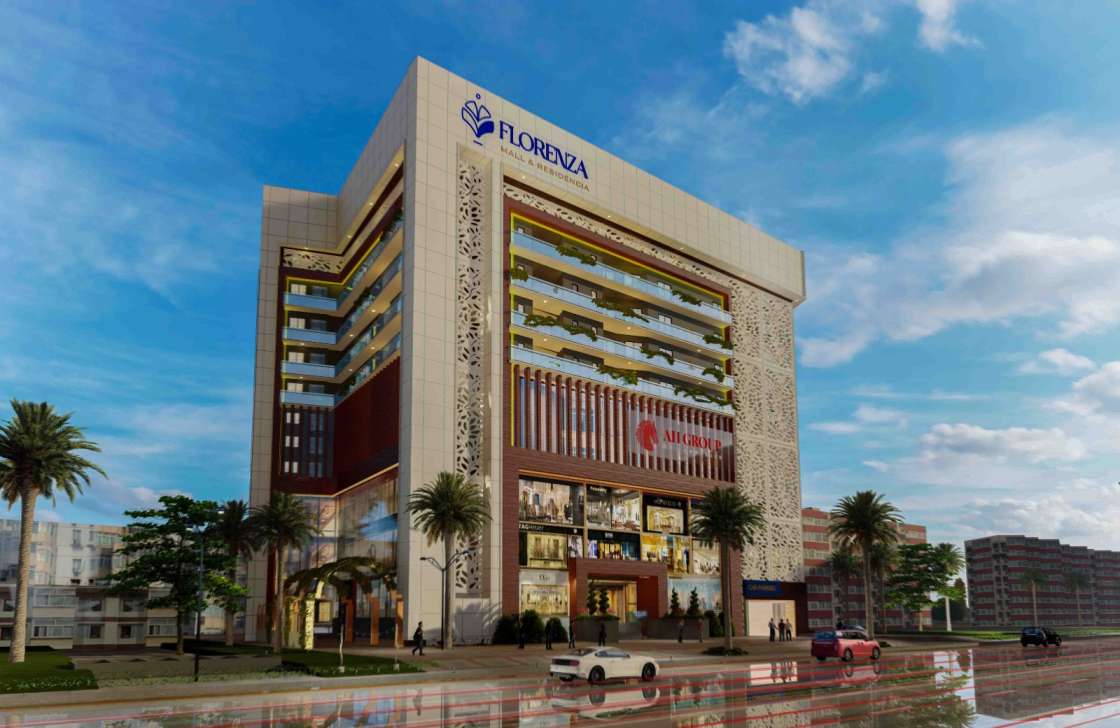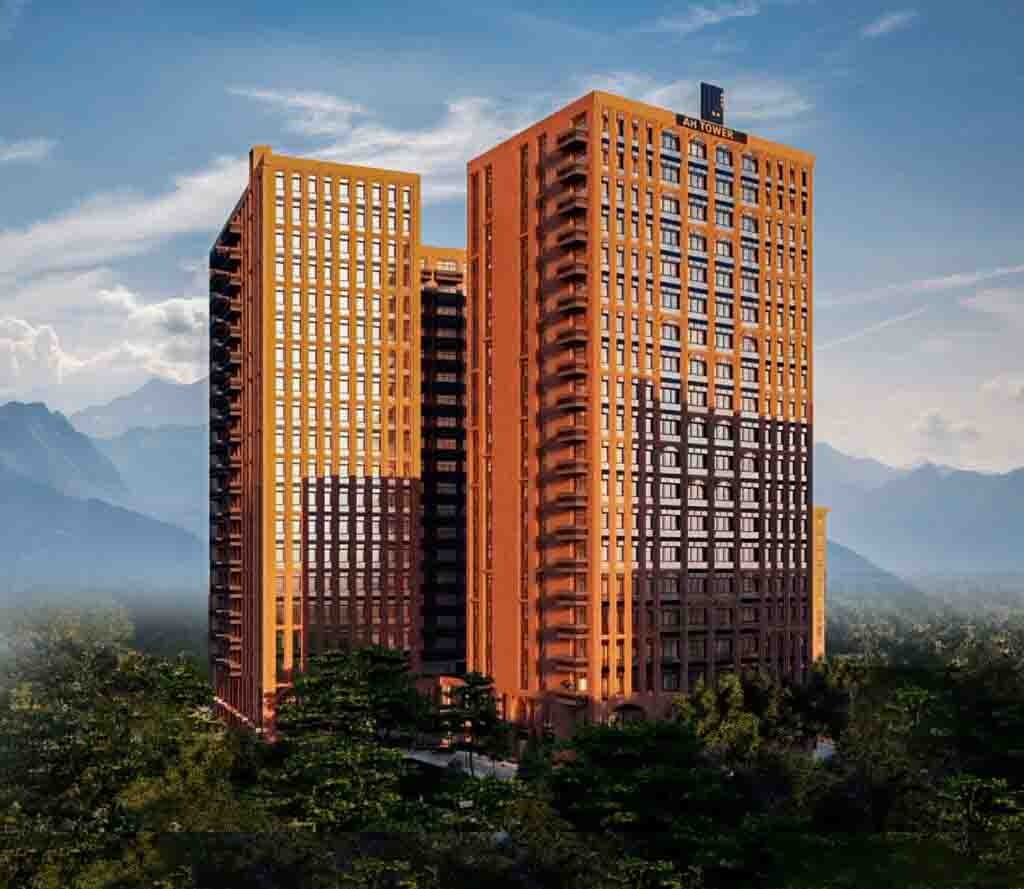The Booming Real Estate Market in Pakistan: A Promising Investment Opportunity

Introduction
The real estate market in Pakistan has witnessed significant growth and development over the past few years, making it a lucrative investment opportunity for both local and international investors. With a rapidly growing population, increasing urbanization, and government initiatives to promote the construction sector, the Pakistani real estate market is experiencing a surge in demand and offers attractive returns. In this blog post, we will explore the key factors driving the growth of the real estate sector in Pakistan and highlight the various investment prospects it presents.
- Population Growth and Urbanization
Pakistan has a population of over 231 million people, and this number is projected to increase in the coming years. The rapid population growth, coupled with increasing urbanization, has created a rising demand for housing and infrastructure. As more people migrate to cities in search of better employment opportunities, the demand for residential and commercial properties continues to grow. This surge in demand has led to a significant increase in property values, making real estate a promising investment avenue.
- Government Initiatives and Policy Reforms
The Government of Pakistan has taken several measures to promote the real estate sector and attract investment. One such initiative is the Prime Minister’s Naya Pakistan Housing Program, aimed at providing affordable housing to the lower-income segments of society. This program offers various incentives to developers and investors, including tax exemptions and simplified approval processes. Additionally, the government has introduced policy reforms to regulate the sector, making it more transparent and investor-friendly. These initiatives have instilled confidence in the market and attracted both local and international investors.
- Infrastructure Development
Pakistan has been focusing on improving its infrastructure, including road networks, transportation systems, and energy supply. Infrastructure development plays a vital role in boosting the real estate sector as it enhances connectivity, accessibility, and the overall quality of life in a region. Mega projects like the China-Pakistan Economic Corridor (CPEC) have brought substantial investment in infrastructure, resulting in the development of new cities and economic zones. These developments not only attract businesses but also lead to a surge in real estate demand.
- Growing Middle Class and Expatriate Community
Pakistan’s middle-class population is expanding, leading to increased purchasing power and a higher demand for quality housing. The rising disposable income, along with changing lifestyles, has created a demand for modern, well-designed residential properties. Furthermore, the Pakistani expatriate community, particularly those living in the Middle East, often invest in real estate back home as a means of securing their financial future. This investment trend has contributed to the growth of the real estate market in Pakistan.
- Rental Income and Capital Appreciation
Investing in real estate in Pakistan offers the potential for both rental income and capital appreciation. Rental yields in major cities like Karachi, Lahore, and Islamabad are relatively high compared to other investment options. Moreover, as demand continues to rise, property values are expected to appreciate over time, providing investors with long-term capital gains. This combination of rental income and capital appreciation makes real estate an attractive investment opportunity in Pakistan.
- Diversification and Risk Mitigation
Investing in real estate provides an opportunity for diversification, reducing the overall investment risk. By allocating a portion of their portfolio to real estate, investors can balance their risk exposure and potentially achieve more stable returns. Real estate is considered a tangible asset with intrinsic value, and its performance is generally less volatile compared to the stock market or other financial instruments. This stability and the potential for steady cash flow make real estate an appealing choice for risk-averse investors.
Conclusion
The real estate market in Pakistan is experiencing a period of unprecedented growth, driven by factors such as population growth, urbanization, government initiatives, infrastructure development, and the expanding middle class. These factors, coupled with the potential for rental income and capital appreciation, make investing in Pakistani real estate an enticing opportunity. However, as with any investment, it is crucial to conduct thorough research, seek expert advice, and carefully analyze market trends before making any investment decisions. With the right approach, investing in the Pakistani real estate market can offer significant returns and contribute to long-term financial success.



